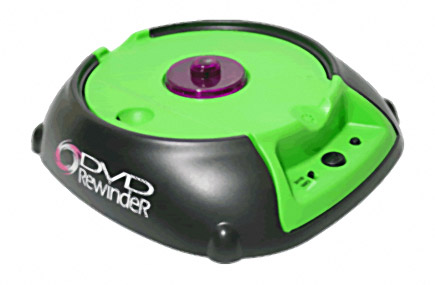Lindows.
Linspire, previously known as LindowsOS, was a commercial operating system based on Debian GNU/Linux and later Ubuntu. Linspire was published by Linspire, Inc. and focused on ease-of-use, targeting home PC users. The last stable release of Linspire was version 6.0, which was released in October 2007.
On July 1, 2008, Linspire stockholders elected to change the company's name to Digital Cornerstone, and all assets were acquired by Xandros.
On August 8, 2008, Andreas Typaldos, CEO of Xandros, announced that Linspire would be discontinued in favor of Xandros, Freespire would change its base code from Ubuntu to Debian, and the Linspire brand would cease to exist.
Contents [hide]
1 History
2 CNR
2.1 Web software
3 Freespire
4 Contributions
5 Criticism
6 See also
7 References
8 External links
[edit] History
See also: Microsoft vs. Lindows
Based in San Diego, California, Lindows, Inc. was founded in August 2001 by Michael Robertson with the goal of developing a Linux-based operating system capable of running major Microsoft Windows applications. It based its Windows compatibility on the Wine API emulation layer. The company later abandoned this approach in favor of attempting to make Linux applications easy to download, install and use. To this end a program named "CNR" was developed: based on Debian's Advanced Packaging Tool, it provides an easy-to-use graphical user interface and a slightly modified package system for an annual fee. The first public release of Lindows was version 1.0, released in late 2001.
In 2002 Microsoft sued Lindows, Inc. claiming the name Lindows constituted an infringement of their Windows trademark. Microsoft's claims were rejected by the court, which asserted that Microsoft had used the term windows to describe graphical user interfaces before the Windows product was ever released, and that the windowing technique had already been implemented by Xerox and Apple Computer many years before. Microsoft sought a retrial and after this was postponed in February 2004, offered to settle the case. As part of the licensing settlement, Microsoft paid an estimated $20 million, and Lindows, Inc. transferred the Lindows trademark to Microsoft and changed its name to Linspire, Inc.
On 2005-06-15, Michael Robertson stepped down as CEO of Linspire, Inc. He continues as chairman and was replaced as CEO by Kevin Carmony. Carmony resigned from Linspire on July 31, 2007.
Linspire became a member of the Interop Vendor Alliance which was founded in 2006.
On February 8, 2007 Linspire, Inc. and Canonical Ltd, the lead sponsor and developer of the Ubuntu operating system, announced plans for a new technology partnership, with Linspire aiming to "begin basing … [their] desktop Linux offerings on Ubuntu."
On 2007-06-13 Linspire and Microsoft announced an interoperability collaboration agreement with a focus on: document format compatibility, instant messaging, digital media, web search, and patent covenants for Linspire customers. This agreement has been criticised, most notably by the Groklaw website for being disingenuously short-lived and limited, and against the spirit of the GNU General Public License. Kevin Carmony, in one of the regular "Linspire Letters," asserted that the agreement would "bring even more choices to desktop Linux users [and] … offer a "better" Linux experience."
On July 10, 2007 Linspire released Linspire 6.0 based on Freespire 2.0.
Linspire bases their product code names on fish found around their headquarters: Linspire/LindowsOS 4.5 was code named Coho; Linspire Five-0 (5.0 and 5.1) and Freespire 1.0, Marlin; and Freespire 2.0 and Linspire 6.0, Skipjack.




